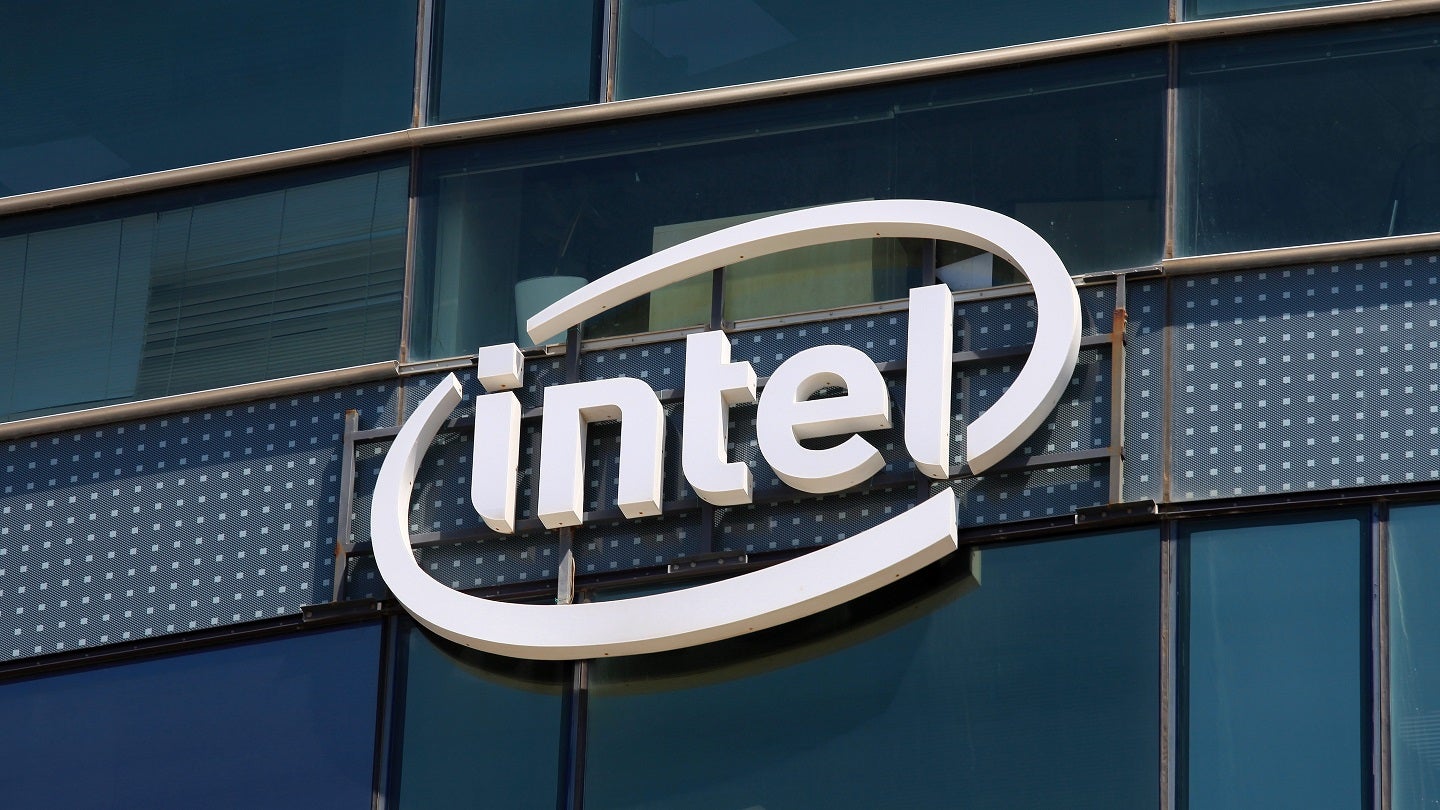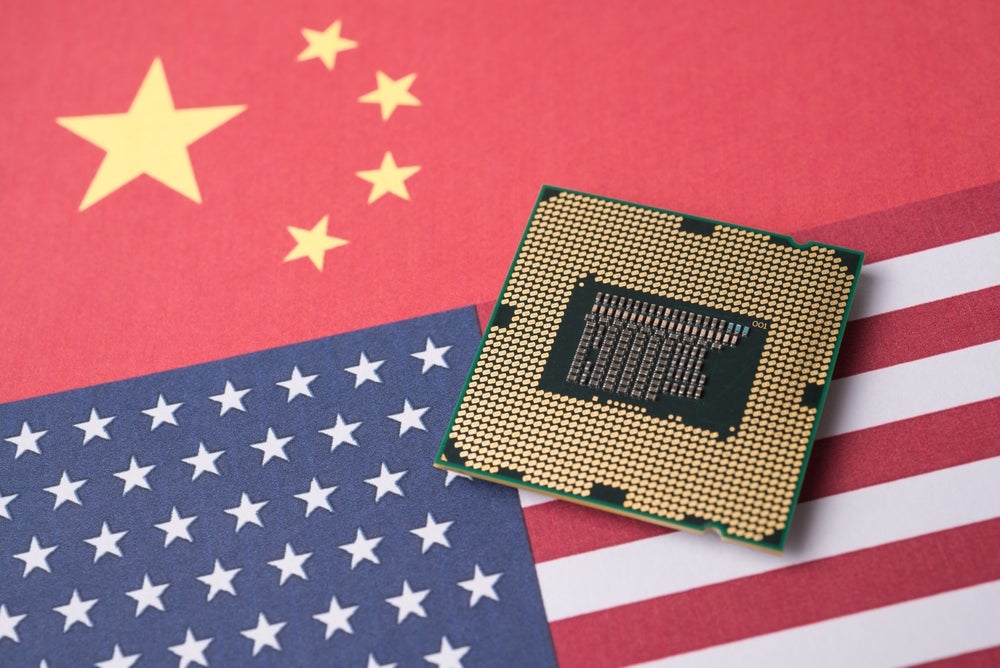
Intel and Amazon Web Services (AWS) have unveiled a major expansion of their collaboration through a multi-year, multi-billion-dollar agreement focused on custom chip development.
As part of this expanded partnership, Intel will design and manufacture specialised chips for AWS using its most advanced process node, the Intel 18A.
Additionally, the company will produce a custom Xeon 6 chip on Intel 3, furthering the existing relationship where Intel produces Xeon Scalable processors for AWS.
The partnership between companies spans more than 18 years, focusing on enabling organisations of various sizes to develop and deploy critical workloads in the cloud.
Looking ahead, Intel and AWS plan to explore additional custom designs based on Intel 18A and future process nodes, including Intel 18AP and Intel 14A.
These future nodes are expected to be produced in the company’s Ohio facilities, and there are plans to migrate their existing designs to these platforms.
AWS CEO Matt Garman said: “By co-developing next-generation AI fabric chips on Intel 18A, we continue our long-standing collaboration, dating back to 2006 when we launched the first Amazon EC2 instance featuring their chips.
In a separate development, Intel has received up to $3bn in direct funding from the Biden-Harris administration under the CHIPS and Science Act.
This funding is for the Secure Enclave programme, aimed at expanding the manufacturing of leading-edge semiconductors in the US.
Amidst these strategic initiatives, Intel CEO Pat Gelsinger has outlined plans for cost-cutting measures in response to disappointing second-quarter earnings.
“The Board and I agreed that we have a lot of work ahead to drive greater efficiency, improve our profitability and enhance our market competitiveness,” Gelsinger said in a memo.
As part of the board’s decisions, the company is divesting a stake in its programmable chip business, Altera, and pausing construction at its chip factory projects in Germany and Poland.
However, the company reaffirmed its commitment to expanding manufacturing in the US. It is also restructuring its operations, granting its foundry business greater independence, including the potential to take outside capital.
The foundry business, which will be established as an independent subsidiary, separated its financial performance from the design business earlier this year.
The company is also prioritising the core technology of its CPUs and reorganising several divisions, including automotive and edge businesses.
Lastly, Intel disclosed plans to issue layoff notices to approximately 15,000 employees in mid-October 2024.







